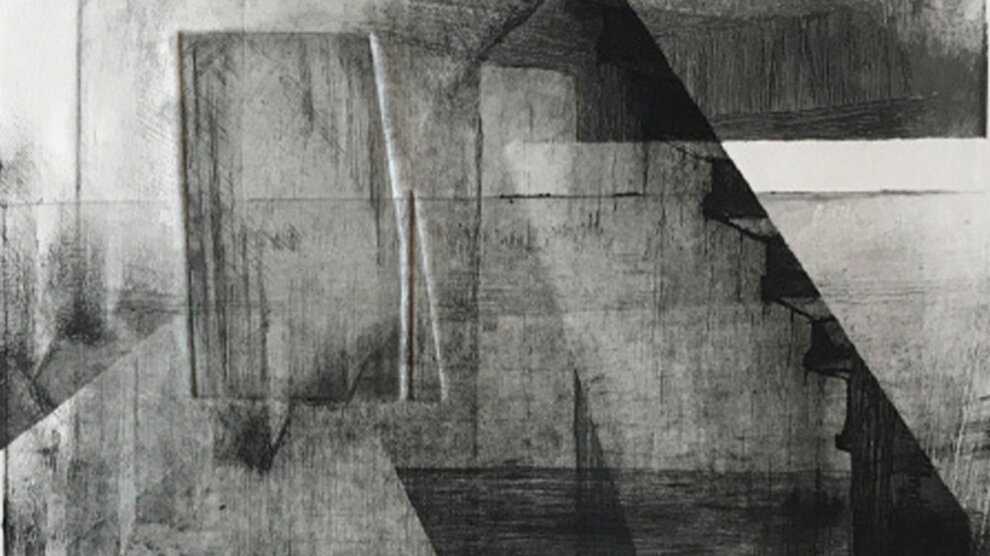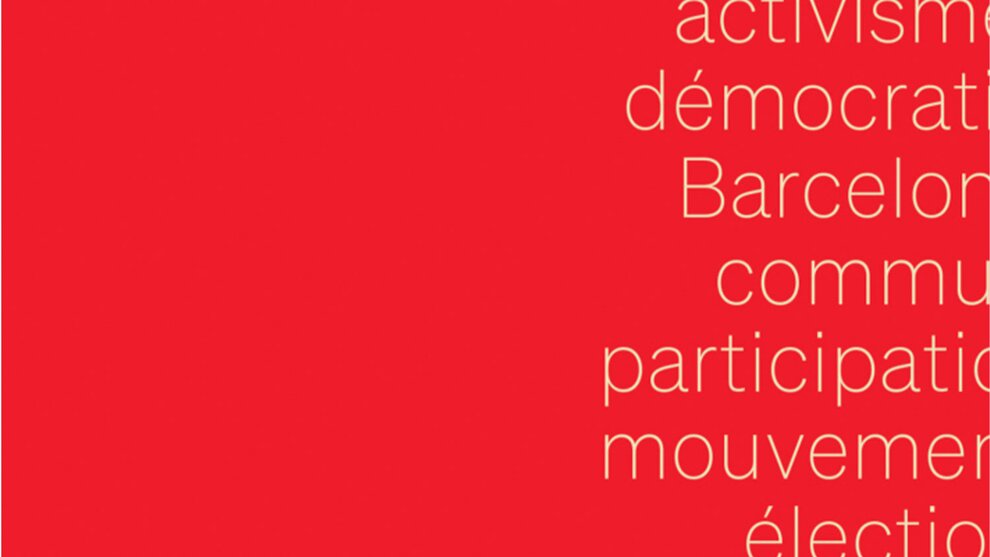Inaccessible Normative Pluralism and Human Rights in Afghanistan

In anthropological and legal literature, the phenomenon termed ‘legal pluralism’ has been interpreted as a co-presence of legal orders which act in relation to their own ‘levels’ of referring ‘fields’. The Afghan normative network is generally described in terms of pluralism, where different normative systems coexist: such as customs, shari’a (Islamic law), state laws and principles deriving from international standard of rights (e.g., human rights). In this article I abandon the neutral category of legal pluralism in order to bring forward a hypothesis of an inaccessible normative pluralism as a key concept in order to capture the structural injustices, of which Afghans are victims. Globally, the debates concerning the diffusion and application of human rights develop at the same time ideologically, politically and pragmatically. Today in Afghanistan these levels are expressed in all their complexity and ambivalence; it is therefore particularly significant to closely observe the work done by the Afghanistan Independent Human Rights Commission. Starting with my research fieldwork in Afghanistan (2005-2012) – where I studied judicial practices in the courts of Kabul, developing a reflection which weaves the spread of human rights with the themes of injustice and inaccessibility – I argue in this article the urgency and the necessity to concentrate on the contingent dimension of (in)justice.





